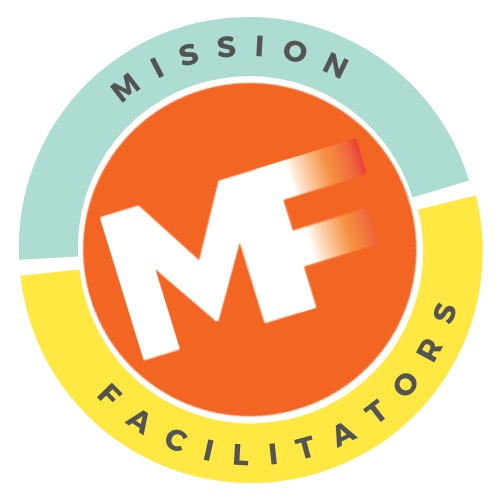Productivity has stalled because employees feel they no longer have to work as hard to keep their jobs, and not since the iPhone have we seen a breakthrough technology change the way we work. Economic gyrations and game-changing technologies happen cyclically. Our nine-year bullish economy will be replaced with another recession and new technologies like artificial intelligence will be mainstream. Productivity will rise once again.
But, do we have to wait for these cycles to experience an uptick in productivity? And what about the quality and value of what we’re producing? Could we be productive and create more quality goods and services?
We’re looking at productivity from a limiting perspective. The ups and downs of an employment market and the surges and retreats of technology operate under a paradigm that problems are solved and decisions are made based on rational, data-based intellectual prowess.
We’ve grown our emotional intelligence, but we still put a disproportionate value on how intellectually smart we are. We say we hire for culture, but education and experience are often the most important factors when considering a new-hire. When decisions are made in the boardroom we look to data and facts to guide our decisions. When the going gets tough and we have to cut expenses the mode of operation is to apply intellectual effort.
I think the undiscovered country of productivity is intuition and flow.
Our intellectual brains are extremely useful. But to a point. They narrow our view and cut us from intuition and other gut feelings. Our intellectual brains are weak at pattern recognition. It doesn’t listen to hunches. It avoids feelings. It is stubborn to remain in control.
Reports of the two Challenger explosions said the hunches and intuitive feelings from key engineers were not considered when deciding to proceed with the missions. Had they been, there’s a good chance those killed in space would have returned home.
Neuroscience tells us everyone is more effective and engaged when they experience what some, like Mihaly Csikszentmihalyi, call “Flow”. Athletes call this intuitive, creative experience, being “in the zone.” Jazz musicians refer to this special focus as being” in the pocket.”
And in business PriceWaterhouseCoopers, in a study of 1,100 executives, said teams who tap into “group flow” are at the top quartile of revenue. McKinsey and Company did a 10 year global study of senior knowledge workers and found employees who spent the most time in “flow” were up to five times more effective (productive) as their counterparts.
We need to bring the word intuition out from the shadows and into the boardroom. We need leaders to know when they should use their intellectual brain and when they should rely on their intuitive feelings. We need to allow for teams to make decisions not just on facts and data, but on the gut feelings of team members. We need to understand what creates flow states for individuals and teams. We need to train our employees to be more intuitive and to spend more time in flow. We need to take the cue from Google, Apple, and Facebook by creating spaces that encourage the output of intuition and flow: collaboration and innovation.
No one would claim that they are not trying to be productive. But trying harder, doing the same thing, just more of it, is a huge barrier. In an effort to be more productive we’re becoming less productive.
If we allow and encourage intuition and flow in our decision-making process, and in the way we work, productivity will dramatically increase and the quality of what we produce will improve. At least that’s what my gut says.

